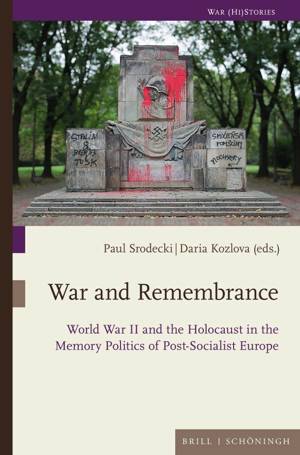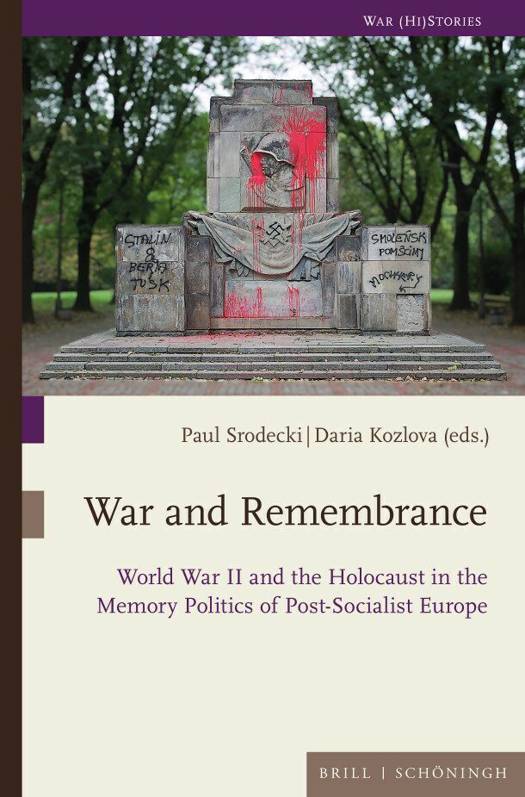
- Afhalen na 1 uur in een winkel met voorraad
- Gratis thuislevering in België vanaf € 30
- Ruim aanbod met 7 miljoen producten
- Afhalen na 1 uur in een winkel met voorraad
- Gratis thuislevering in België vanaf € 30
- Ruim aanbod met 7 miljoen producten
Zoeken
War and Remembrance
World War II and the Holocaust in the Memory Politics of Post-Socialist Europe
€ 127,45
+ 254 punten
Omschrijving
Providing a comprehensive and engaging account of World War II remembrance and memory politics in East-Central and Eastern Europe this volume uses a comparative approach to examine the phenomena of cultural memory in a pan-European overview. Ranging in scope from various post-Soviet states such as Russia, Ukraine, Belarus, Estonia, and Georgia to the East-Central and South-Eastern European post-socialist countries of Czechia, Slovakia, Hungary, Serbia, and Croatia, this book provides new insights into the ways in which World War II remembrance is reflected in the memory politics, historical studies, culture and literature of the respective countries. Being the first part of a two-volume anthology, state memory narratives and their public reception as well as museums, memorials and monuments as controversial objects of cultural memory provide focus for this volume's twelve chapters, while the contributions in the sequel edition concentrate on tabooization and competing narratives as well as on location-dependent and personal-related remembrance of the Second World War in post-socialist Europe
Specificaties
Betrokkenen
- Uitgeverij:
Inhoud
- Aantal bladzijden:
- 320
- Taal:
- Engels
- Reeks:
- Reeksnummer:
- nr. 12
Eigenschappen
- Productcode (EAN):
- 9783506790927
- Verschijningsdatum:
- 1/06/2023
- Uitvoering:
- Paperback
- Formaat:
- Trade paperback (VS)
- Afmetingen:
- 186 mm x 22 mm
- Gewicht:
- 526 g

Alleen bij Standaard Boekhandel
+ 254 punten op je klantenkaart van Standaard Boekhandel
Beoordelingen
We publiceren alleen reviews die voldoen aan de voorwaarden voor reviews. Bekijk onze voorwaarden voor reviews.










